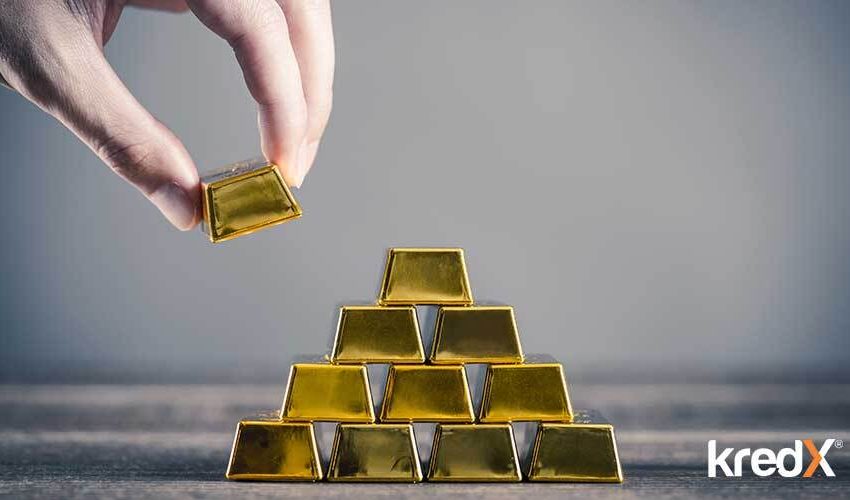
Digital Gold Vs Physical Gold
Gold has been a popular go-to asset for Indians for several decades now.
And why not? It is perhaps one of the few assets that does not lose its value over time.
However, this asset is mostly held in physical form – jewellery, bars, and coins – which gives rise to several challenges regarding storage and security.
Accordingly, many investors have been looking for a better alternative and have managed to find an ideal match in digital gold.
There is a lot of speculation among investors concerning whether digital gold can emerge as a better alternative. Of course, the answer to this question is subjective. Then again, it’s suggested to take a close look at the difference in concept and approach towards physical and digital gold investment to gain a better idea.
On that note, let’s dive straight into the fundamental differences between physical gold and digital gold to form an informed opinion.
Digital Gold Investment – In A Nutshell
Digital gold investment is a nascent concept in India. However, courtesy of its transparency and convenience, this investment process is steadily gaining steam.
In this investment setup, you can purchase or sell smart gold online and at the prevailing digital gold price today in India. When an investor buys e-gold, they invest in gold of 99.99% purity.
Currently, only these 3 companies provide digital gold in India –
- Augmont Gold Ltd.
- Digital Gold India Pvt Ltd.
- MMTC-PAMP India Pvt Ltd.
As an investor, you can initiate digital gold investment through investment marketplaces and simplify the process further.
Physical Gold – In Brief
Knowingly or unknowingly, physical gold has been a preferred investment avenue for many Indians. Typically, the precious metal is purchased in the form of jewellery or gold coins for personal consumption. Also, purity is often not guaranteed or is less than 99.5%.
When you purchase physical gold, there is no such counterparty risk, as you buy the metal from a jeweller or a bank and without intermediary involvement.
However, investing in this instrument is more expensive, and the price of the precious metal often varies across states.
In fact, the resale value of physical gold is lower when compared to other related investment forms. Above all, those who invest in physical gold have to account for storage and security.
That said, let’s now focus on the primary differences between the two to choose the better alternative.
Difference Between Digital Gold And Physical Gold
Take a look at this table to settle the debate between digital gold investment vs physical gold investment once and for all.
| Parameters | Digital Gold | Physical Gold |
| Purity | The purity of investment is guaranteed (24k 99.9%). | The gold in question may not be 99.5% pure. |
| Price | The digital gold price is uniform in India. | Prices often vary from one state to another. |
| Investment Size | Gold is bought and sold either denominated by price or weight. | Gold coins and biscuits are available in the denominations of 10 gm. |
| Storage | It is stored in secured lockers under the investors’ name. | The responsibility to store gold rests on buyers. |
| Trading | Digital gold investment is quick and hassle-free. You can buy or sell gold online with a few clicks. | Physical gold can be traded only after you schedule a meeting with a jeweller or bank. |
| Liquidity | It can be readily redeemed into bullion, cash or coins. | Usually, they are exchanged through a jeweller. |
| Tax | The gains you make from gold investments held for less than 3 years are taxed as per your income tax slab. However, the gains on investment held for more than 3 years are taxed at 20% with the indexation benefit. | The proceeds from a gold investment held for less than 3 years are taxed as per the income tax slab. Conversely, profits on the gold you held for more than 3 years will be taxed at 20% and with indexation benefit. |
| Investment Cost | Investors have to pay a 3% GST for investing in digital gold. | When you buy gold jewellery, you have to pay at least 20% – 30% of its value as making charges. |
Bottom Line
Both physical and digital gold investment have their own set of pros and cons. As an investor, you should focus on your own investment goal, portfolio composition, and liquidity requirements. However, note that both investment instruments are a potent tool for diversifying investment portfolios and hedging risks related to volatility, inflation, and currency.



